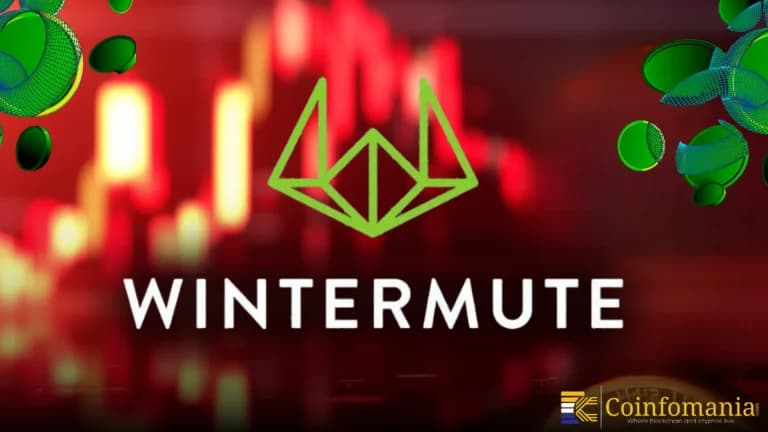YouTube Censorship Goes Ballistic as 10 Years of Crypto Content Disappears
YouTube cracks down on crypto content, deleting a decade of videos. Explore the impact on creators and the crypto community.

The need for decentralized content distribution platforms has once again been called into question after YouTube censored crypto-related videos published over ten years by crypto YouTuber, Chris Dunn.
In a Twitter update shared on Dec. 23, Dunn revealed that YouTube removed most of his crypto videos, citing “harmful or dangerous content” and “sale of regulated goods.”
The warning also came with a one week strike, a measure which YouTube uses to censor its platform by banning channel owners from practically utilizing their channel for the said period.
Dunn wrote in a tweet which included a screenshot of some of the crypto-related videos removed:
.@YouTube just removed most of my crypto videos citing “harmful or dangerous content” and “sale of regulated goods”… it’s been 10 years of making videos, 200k+ subs, and 7M+ views. WTF are you guys doing @TeamYouTube?! pic.twitter.com/MPcKbBVrC4
— Chris Dunn (@ChrisDunnTV) December 23, 2019
The development was not received favorably by the crypto community on Twitter, which has long held that decentralized platforms will soon pave the way for content creators to monetize their content without censorship.
YouTube is not the first platform to censor crypto-related content with Facebook and Google the other content platforms that have taken such measures in the past before eventually loosening their restrictions.
It also appears that Chris Dunn is not the first to lose several years of work to a censorship measure with an Uptrennd update by founder, Jeff Kirdeikis reporting that nine crypto YouTubers were affected. The removal is believed to be a result of content creators promoting referral content and advertising-sponsored content on their channels:
I disagree – sponsorship is a normal practice in the real world and a very impactful marketing tactic – issue is those that dont disclose. Nothing wrong with shilling a ref link either just as long as you are transparent with it
If you dont know disclose disclose disclose
— Wendy O (@CryptoWendyO) December 23, 2019
The Decentralized Content Sharing Alternatives
As noted earlier, developments such as these involving YouTube makes a case for decentralized platforms that cater to the needs of the cryptocurrency and blockchain community.
Interestingly a lot of such platforms that launched within the last couple of years have gained momentum, although it will understandably take some time for them to reach the same level of prominence.
Among decentralized content sharing platforms, crypto enthusiasts are increasingly adopting Uptrennd, BitTube, Contentos, LBRY (LBC), and Steemit.
Follow us on Google News
Get the latest crypto insights and updates.


